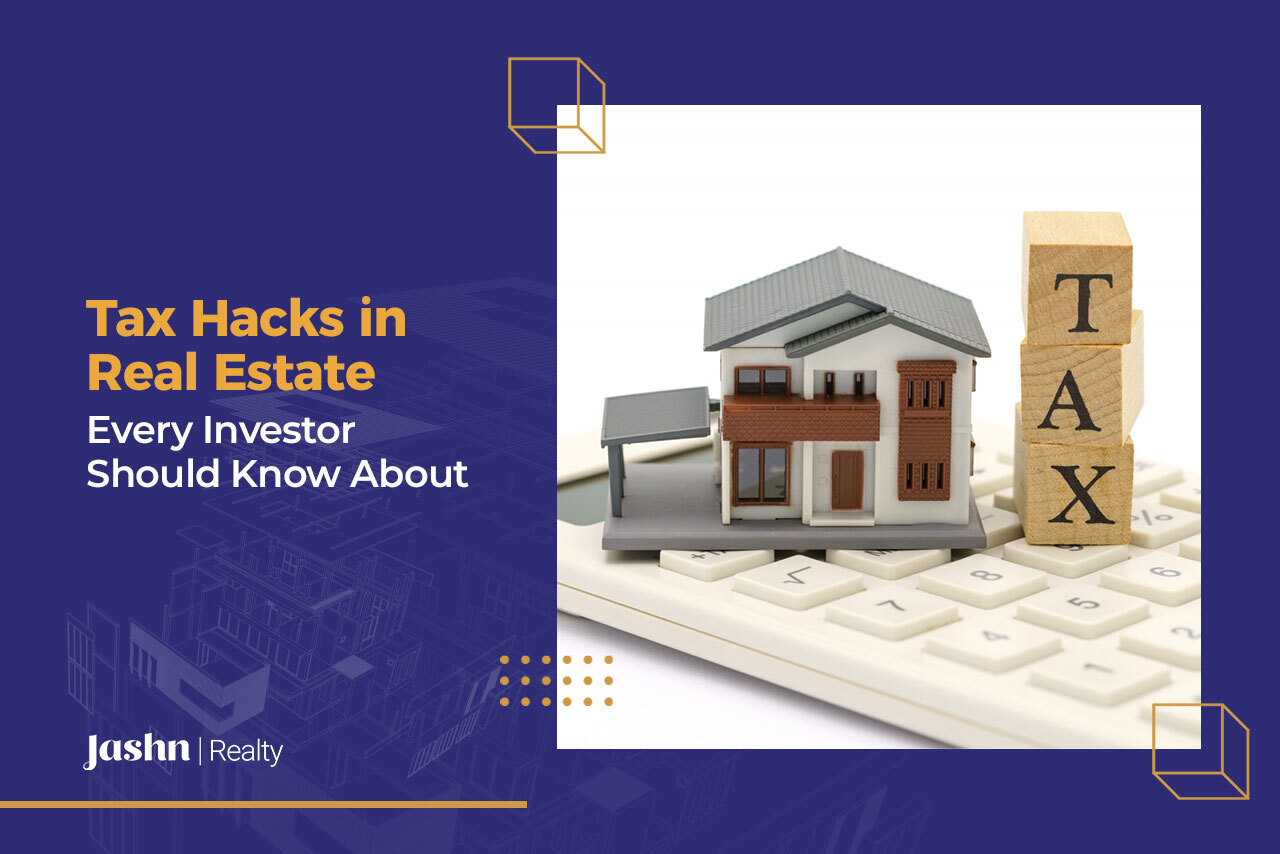Did you know real estate has many tax saving opportunities for investors? Whether you buy, sell, or invest in 3 BHK flats in Lucknow or any other Indian state, you can save a significant amount towards tax. This helps minimize the tax and take the burden off your shoulders. Here’s how tax saving takes place in real estate.
How to save tax on house purchase in India?
More than half of the house purchases in India are financed by a bank or financial institute. If you buy take a home loan to buy a house for self-occupancy, you are entitled for a tax deduction under 80(C) section. You can this deduction parallel to the principal amount payable on the loan.
A self-occupied property has:
- The owner inhabiting it (you)
- It’s unoccupied
- Inhabited by the owners’ parents
Section 80 (C) also entails registration fee and stamp duty payable for the property registration.
Besides, section 24 also provides benefits for the investors. Under this section, the interest on home loan is deducted from the tax payable. The tax deduction can go up to Rs 2 lakh in a fiscal year for self-occupied properties.
Another less-known option is Section 80EE that enables affordable home owners to claim a deduction of up to Rs 1.5 Lakh. It is applicable for first-time affordable home buyers.
These sections help homeowners save more. However, if the property is co-owned by two owners, they can still claim the deductions. However, the deductions will split up between the two.
Selling land and saving tax
If you own land for less than 3 years, it will attract short-term capital gains. When the hold crosses three years, it starts attracting long-term gains. To understand capital gains, consider a scenario in which you buy agricultural land in a rural area. The land in such a location doesn’t qualify as a capital asset. Likewise, it doesn’t attract capital gains. However, agricultural land in urban areas qualifies as capital gains. Holding it for a certain period determines the extent of capital gain tax.
If the asset is land and not a house property, the long-term gains you get from it can be relieved under section 54F if:
- Funds from the sale are used to by a 3 BHK flat in Lucknow within the 2-year period from the date of sale.
- The housing investment is made over six months after the sale of land and the amount is deposited in a bank’s capital gains account.
- The IT Act doesn’t facilitate any exemptions for short-term capital gains. It is taxed per the applicable rates.
Saving tax on residential property sale
If you sell your residential property, which yields long term gains, be sure to claim indexation. Indexation refers to the property price that is adjusted per inflation. This helps reduce the capital gains and lower the taxes.
Further, you can reduce the capital gains by claiming expenditures against maintenance and improvements done against the property. Here are the conditions you need to satisfy:
- You’re the owner and occupy the residential house for over 2 years
- You’ve the receipt of all the claimable expenses
- You can mark any brokerage charges for deductions during sale
You can also consider reinvesting to reduce capital gains or get it waived off. If you’re planning to purchase a ready-to-move apartment or flat in Lucknow, it must be done within one year before or two years after the date of sale. However, if you opt for an under-construction property, ensure that the possession or delivery is completed within three years from the date of sale.
Conclusion
Tax exemption in real estate is complex but not impossible. You can claim tax deductions on your long-term capital gains by following the above tips. To keep the process smooth, ensure to consult a professional advisor or consultant.



